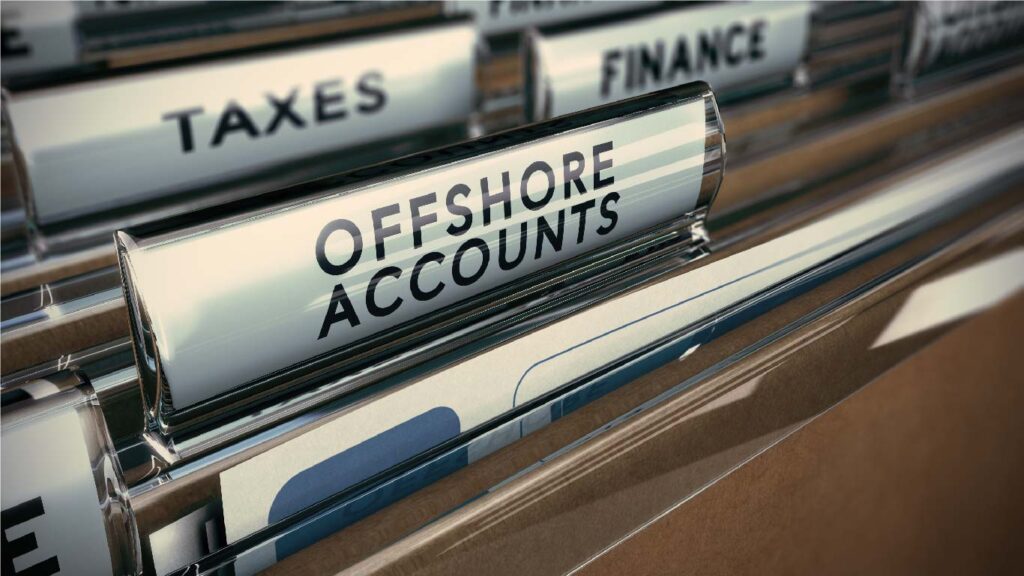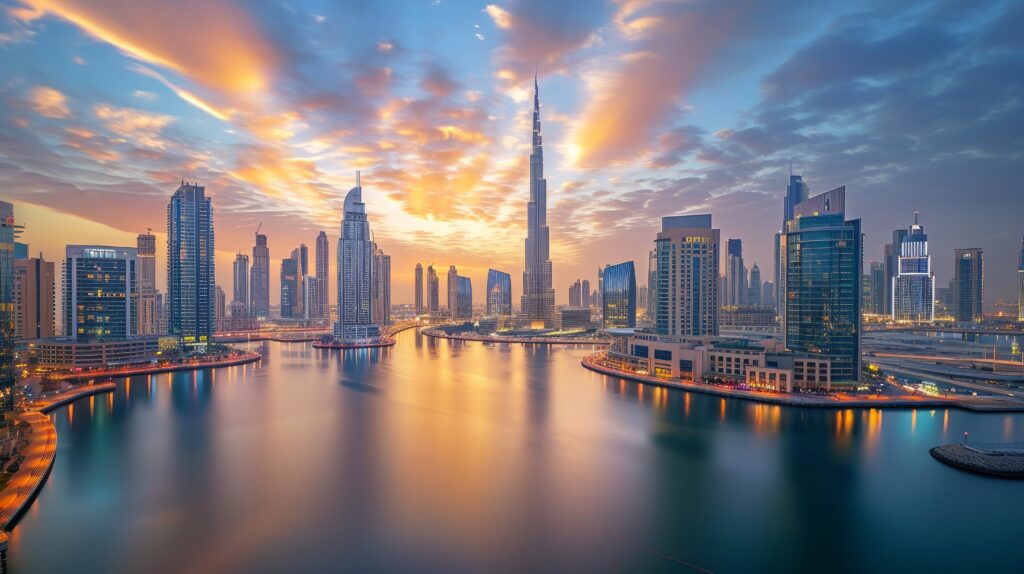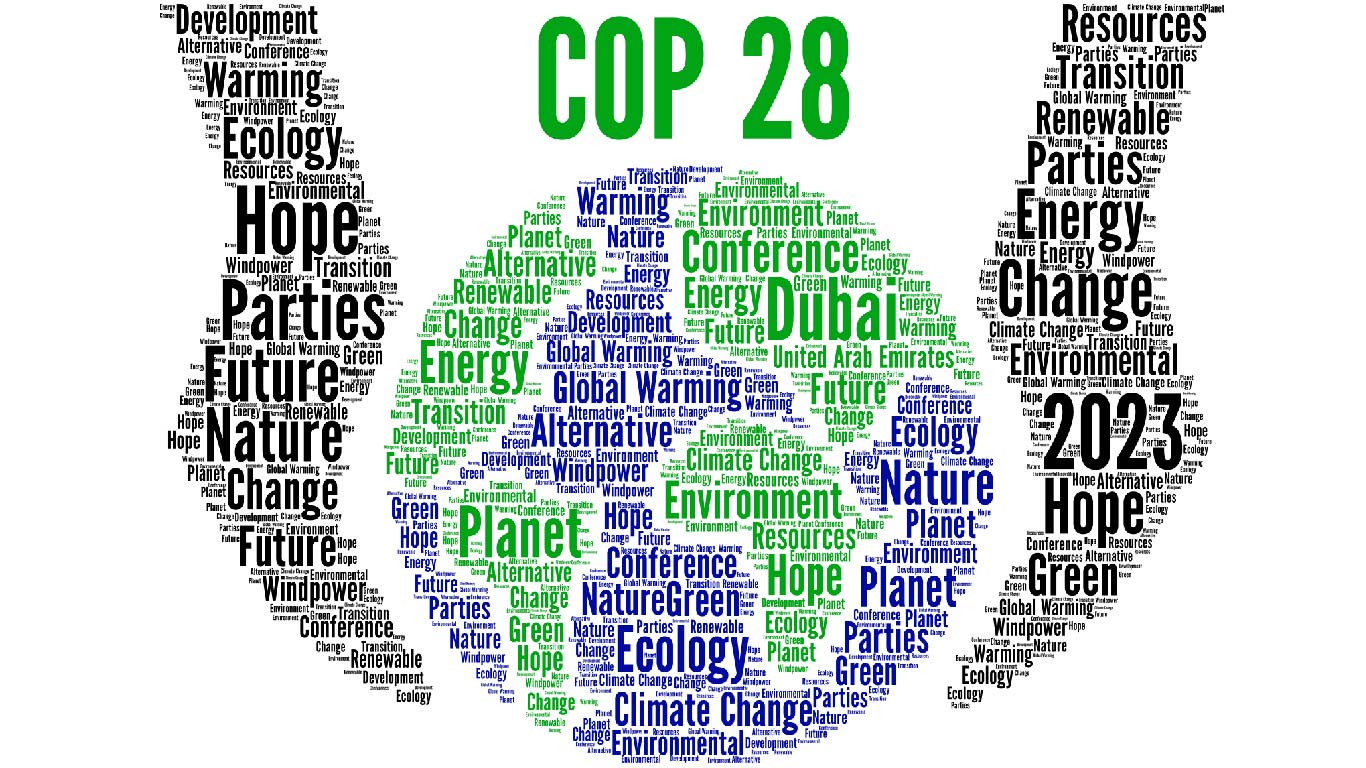Anti Financial Crime
Drilling into the Heart of Climate Diplomacy Amidst Oil's Shadow
On November 30, 2023 the United Arab Emirates (UAE) will officially open the 2023 “Conference of the Parties” in Abu Dhabi. It will last until December 12. COP is a global summit on climate change and environmental issues that brings together heads of governments, ministers and thousands of representatives from the civil societies, the private sector, international organizations and the media.
The goal is to agree on global strategies to face climate change. The summit includes governments that have signed the UN Framework Convention on Climate Change (UNFCCC), the Kyoto Protocol and/or the Paris Agreement.
COP 28 is a two-week huge event expected to host over 70,000 delegates, including heads of state and world leaders, to build consensus and facilitate progress on climate action among 197 countries, the EU and thousands of non-government organizations, companies, youth groups, scientists, impassioned climate activists and other stakeholders. COP28 represents the establishing of a comprehensive framework for more ambitious climate actions. However, this year is particularly important due to the “inadequate progress on climate action”, as the UN Environment Programme pointed out in October 2022, calling for “rapid transformation of societies” as the only remaining option before it is too late. [1] The UNEP made clear that emissions must be cut of 45% to holding global warming to 1.5°C by 2030. Whereas currently “unconditional and conditional NDCs are estimated to reduce global emissions in 2030 by 5% and 10% respectively”. Therefore, it is fair to expect major improvements in the fight against climate change, especially now that we have been experiencing unprecedented storms, floods, droughts and wildfires worldwide.
This is why several questions come up about COP 28. First and foremost, will the conference be a turning point? Doubts arise when looking at scandals and controverses around the event. But let´s have a look at what is on the table first.
Key Issues on the Agenda
COP28 is the conclusion of “the first global stocktake (GST), the main mechanism through which progress under the Paris Agreement is assessed”, as Ruth Townend and Anna Åberg of Chatham House wrote. [2] Whereas “other critical tasks […] include getting the loss and damage fund (established at COP27) up and running and agreeing on a framework for the Paris Agreement’s global goal on adaptation (GGA).”
The whole conference is based on four paradigm shifts that the President-Designate, Sultan Al Jaber, announced in a letter to parties in July 2023 [3]:
- Fast-tracking the energy transition and slashing emissions before 2030;
- Transforming climate finance, by delivering on old promises and setting the framework for a new deal on finance;
- Putting nature, people, lives, and livelihoods at the heart of climate action;
- Mobilizing for the most inclusive COP ever.
While COP28 acknowledges critical environmental issues, questions arise: will it go beyond lip service? The abovementioned UNEP report paints a bleak picture, emphasizing the urgency of action. Concrete examples of environmental degradation should serve as a rallying cry for immediate, radical measures, yet the track record of these conferences leaves room for doubt.
Challenges and Controversies
Despite progress that can be observed in Europe and elsewhere (including in the Gulf region) in terms of investments in green energy and economy, a discerning eye must question the depth of these accomplishments. Carbon emissions reduction and renewable energy initiatives, while commendable, are often undermined by insufficient commitment and implementation measures. Whereas geopolitical tensions have hampered collaborative efforts, revealing the fragility of the international community in the face of existential threats.
Emission reduction targets, financial commitments, and policy disagreements loom large on the agenda of COP28. The grandeur of the host nation, coupled with its position as an oil giant, could potentially exacerbate historical disputes and deepen divides. The UAE are a country that has developed its economy thanks to oil export. The country is one of the top 10 oil producers in the world. [4] The state oil company, Adnoc, extracted 2.7 million barrels of oil per day in 2021 and plans to nearly double output to 5 million barrels per day by 2027. [5]
But this is not it. The President-Designate is Sultan Al Jaber. While he calls for global unity and urgent climate actions to limit warming to 1.5 degrees, he is also chief executive of the Abu Dhabi National Oil Company, Adnoc. This conflict of interest has exposed him to critics and pressure especially because he did not step down from his role in Adnoc. According to The Guardian, he has been accused of “attempting to “greenwash” his image after it emerged that members of his team had edited Wikipedia pages that highlighted his role as CEO of Adnoc.” [6] Another scoop from The Guardian has revealed that Adnoc was able to read emails to and from Cop28 climate summit office. [7] Furthermore, as France 24 reported, “the world’s top management consultancy McKinsey & Company is using its position as a key advisor to COP28 to push the interests of its big oil and gas clients, undermining efforts to end the use of the fossil fuels driving global warming”. [8]
The success of the upcoming conference hinges on its ability to overcome the attractiveness and need of fossil fuels and commit to a real, transformative change and a candid examination of the oil industry’s role in climate issues. To this regard, the UAE are on their way because the country is not only a major oil exporter with no other economic interests. About 15 years ago, the UAE’s governments developed a strategy to diversify the national economy by becoming less dependent on oil, while supporting huge investments in renewable energy. To this regard, the UAE was the first country in the region to sign the Paris Agreement and to commit to net zero carbon emissions by 2050. It has launched a hydrogen initiative, is planting 100 million mangrove trees, and will be hosting COP28 in 2023. The UAE plans to triple its supply of renewable energy and invest up to $54 billion over the next seven years to meet its growing energy demands as part of the UAE Energy Strategy 2050.
To this regard, the competition with Saudi Arabia to become top in global ranking in green energy enables to increase the investments in green energy (from hydrogen to solar and wind) in the whole region. As Afshin Molavi senior fellow at the Johns Hopkins School of Advanced International Studies pointed out, “if ambitious plans materialize, by 2050 the UAE and Saudi Arabia could emerge as major green energy providers worldwide.” [9] This is crucial for countries without the right climate for conventional agricultural production, such as the UAE which imports 90% of all its food. [10]
Conclusion
As COP28 unfolds against the lavish backdrop of the UAE’s oil wealth, the world hopes for more than a mirage of climate diplomacy. The fate of our planet demands more than diplomatic niceties and incremental changes. COP28 must transcend the patterns of its predecessors, emerging as a paradigm-shifting moment where rhetoric transforms into radical, collective action. The stakes are high, and anything less than transformative change would be a disservice to the urgent cause of safeguarding our planet for future generations. In the UAE, with its vast oil reserves, the conference faces the paradox of confronting its own economic foundations for the sake of a sustainable future. Emission reduction targets, financial commitments, and policy disagreements loom large, reflecting the persistent lack of consensus among nations. COP28’s success will hinge on the ability of the governments and people to overcome disputes and the deeply entrenched interests that often derail meaningful agreements.
Other articles
Sources:
[1] https://www.unep.org/news-and-stories/press-release/inadequate-progress-climate-action-makes-rapid-transformation
[2] https://www.chathamhouse.org/2023/09/what-cop28-and-why-it-important?gclid=EAIaIQobChMI1ZDT-OnIggMVGvN3Ch11OQ7IEAAYAiAAEgJWkvD_BwE
[3] https://www.cop28.com/letter-to-parties
[4] https://www.eia.gov/tools/faqs/faq.php?id=709&t=6
[5] https://www.adnoc.ae/en/ourstrategy/responsible-growth
[6] https://www.theguardian.com/environment/2023/may/30/cop28-president-team-accused-of-wikipedia-greenwashing-sultan-al-jaber
[7] https://www.theguardian.com/environment/2023/jun/07/uae-oil-firm-cop28-climate-summit-emails-sultan-al-jaber-adnoc
[8] https://www.france24.com/en/live-news/20231107-top-consultancy-undermining-climate-change-fight-whistleblowers
[9] https://www.al-monitor.com/pro/memos/uae-and-saudi-arabia-compete-top-global-ranking-green-energy
[10] https://www.reuters.com/world/middle-east/uae-asks-state-entities-buy-local-food-security-push-minister-2022-12-11/







